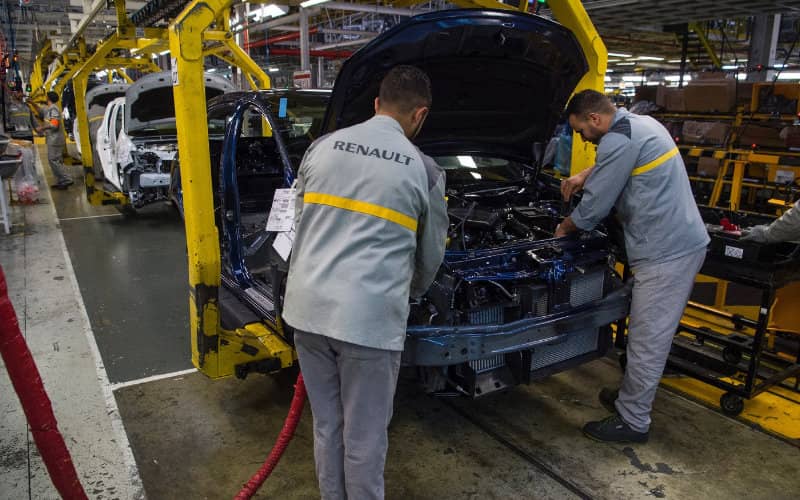Morocco Labor Code Reform Sparks Debate Between Employers and Unions

The reform of the Labor Code is on the negotiating table between employers and trade unionists in Morocco. The battle is expected to be intense, as the unions call for the strict application of the current labor code, while the employers’ association advocates for more flexibility in the labor market.
The reform of the Labor Code, which is a requirement of the General Confederation of Enterprises of Morocco (CGEM), does not receive the assent of the unions, who believe that the provisions of the current labor code must first be applied before talking about revitalization. The secretary general of the Democratic Confederation of Labor, Abdelkader Zair, is categorical on the issue. He explains that many companies are struggling to apply certain provisions of the current code, such as the replacement of striking employees by others, the absence of an employment contract, the non-compliance with the law in the event of work accidents, reports L’Observateur.
But for the CGEM, the Code as it is, has shown its limits and the health crisis related to the coronavirus pandemic has highlighted the need to proceed with an improvement in order to make it more flexible. "We cannot wait 20 years to change the labor code. The world around us has changed with the emergence of new ways of working like the case of self-employed workers, telework... and we cannot remain frozen," explains the president of the social commission of the CGEM, Hicham Zouanat. He points out that France has changed its labor code four times in the last decade, unlike Morocco which had to wait 30 years to change the old code in 2004 and seems to be following the same path with the current labor code which is already 16 years old.
According to Hicham Zouanat, the flexibility at the level of the Labor Code is very low currently and conditioned by many constraining factors. "The proof of this lack of flexibility, the implementation during this pandemic of a decree-law which provides for the suspension of contracts during this period. The economy has lost nearly 900,000 jobs during this crisis. In the absence of this decree-law which has protected employees, there would have been millions of job losses," notes Zouanat. For him, "responsible flexibility can only encourage companies to create quality jobs". He adds that "the Labor Code scares investors. It is easy to contractualize an employment relationship but difficult and costly to part with one of the employees. The ideal is therefore to put in place a happy medium and a good cursor so that employers and employees are not disadvantaged".
For Abdelkader Zair, it will not be a matter of keeping trenchant positions but of being in solidarity. "Already the generalization of AMO is a big step forward. For the rest, we must reach a consensus that tends towards the protection of employees and their rights," estimates the trade unionist.
Related Articles
-

Morocco’s Foreclosure Crisis: Social Media Auctions Mask Rising Family Evictions
6 September 2025
-

Morocco’s Construction Boom Faces Labor Crisis: World Cup Projects Strain Housing Sector
6 September 2025
-

Morocco’s Economic Boom: From Infrastructure Giant to Global Industrial Hub
5 September 2025
-

Oualidia: Morocco’s Hidden Coastal Gem Rivals Marrakech for Luxury and Tranquility
5 September 2025
-

Morocco’s Real Estate Slump: Transactions Plummet 21% as Major Cities Face Diverging Fortunes
5 September 2025